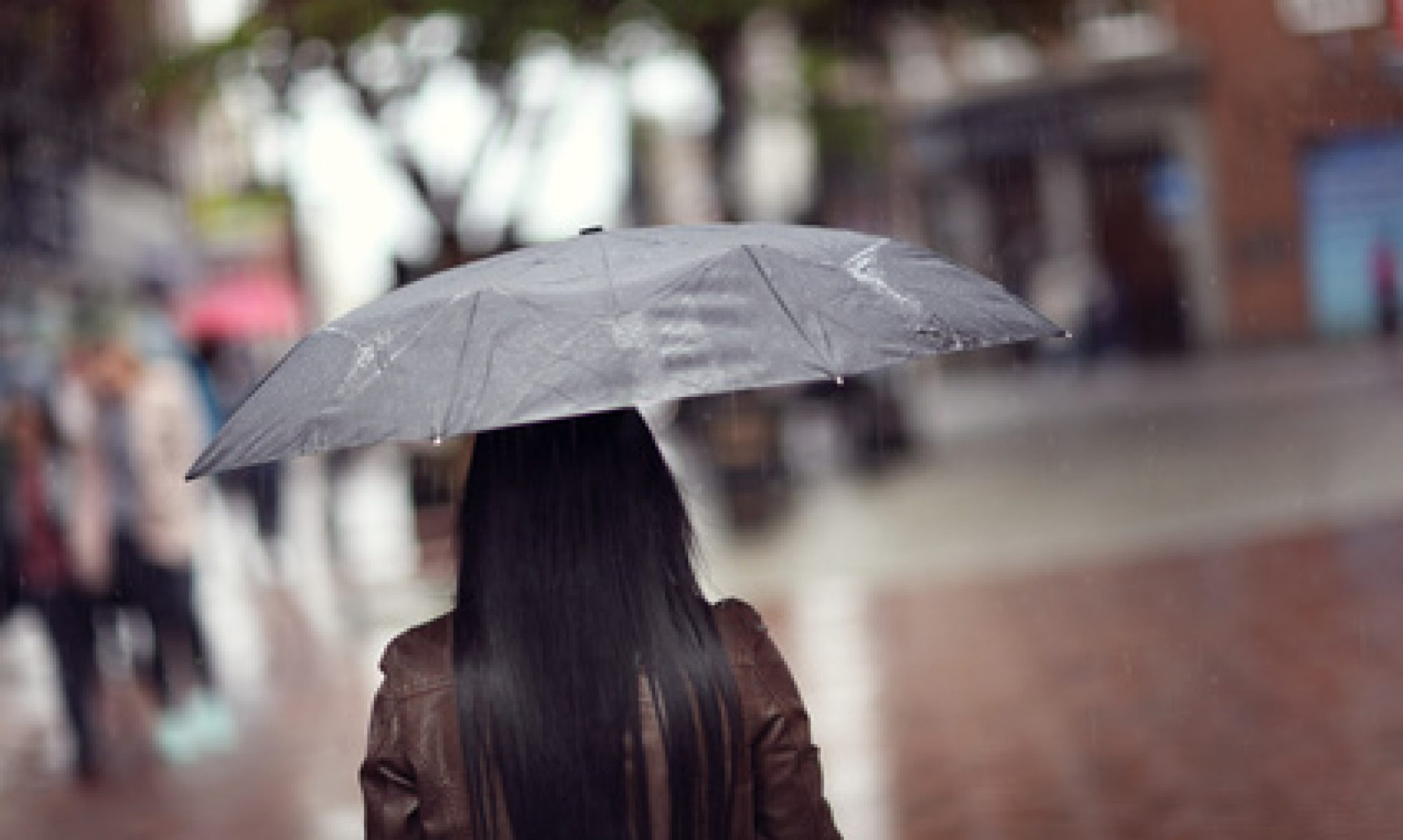The terror attacks of 9/11 were responsible for a major shift in how Americans looked at emergencies. Though the terror attacks were a manmade emergency, the shift in focus also applied to other emergencies, such as natural disasters. The result has been increased emergency preparedness and response agencies and employees, as well as increased planning in how to handle emergencies when they arise. Following are eight organizations in the US designed to handle emergency preparedness and response.
- FEMA- The Federal Emergency Management Agency is the federal government’s primary agency designed to respond to emergencies. FEMA takes the lead in responding with personnel and with funds whenever disaster strikes. FEMA will respond to both natural disasters, like hurricanes, manmade disasters like oil spills, and to terrorist acts. FEMA sends rescue personnel as well as emergency managers to help during disasters. FEMA also provides resources to help Americans be more prepared in the event of a disaster.
- American Red Cross – The Red Cross has been in place since 1881. It is a non-profit agency that has grown into the country’s premier provider of volunteer emergency and disaster preparedness and relief. They are most widely known for providing blood, but actually provide a wide variety of disaster relief services.
- The Salvation Army – The Salvation Army has provided many types of relief to the poor over the years. Their services during times of disaster include mobile feeding stations, temporary shelter, medical assistance and missing persons services.
- Samaritan’s Purse – Samaritan’s Purse is an international relief organization that provides help in areas of war, poverty, disaster and disease. While they have many ongoing programs, they are always on call for disaster aid.
- State Emergency Management Agencies – In addition to FEMA, each state in the US operates their own emergency management agency. Most states are able to manage smaller emergencies without the intervention of FEMA.
- National Emergency Response Team – the NERT is designed to meet the basic needs of food, shelter and clothing during disasters. They operate through mobile units that can be rapidly deployed to disaster areas.
- Christian and Jewish Relief Agencies – Rather than a single organization, these are a group of organizations sponsored by churches throughout the US to respond during times of disaster. They include the Presbyterian Disaster Assistance Organization, the International Orthodox Christian Charities, Lutheran Disaster Response, Catholic Charities, USA, Baptist World Aid, International Association of Jewish Vocational Services, Nazarene Disaster Response and Mennonite Disaster Service. These organizations work independently of each other as well as together to help meet the needs of disaster victims throughout the world.
Though there are many disaster relief organizations in the US and throughout the world, it can still often be difficult to meet all the needs of disaster victims in the aftermath of a tragedy. Sometimes the physical restrictions on getting supplies to affected areas can cause delays as can the difficulties in reaching affected areas because of damage. But, the organizations on this list, as well as others, make tremendous efforts to help disaster victims as quickly and comprehensively as possible under extraordinary circumstances.
Phyllis T. Zerkle enjoys blogging in order to help students find the information they need about online homeland security degrees.

